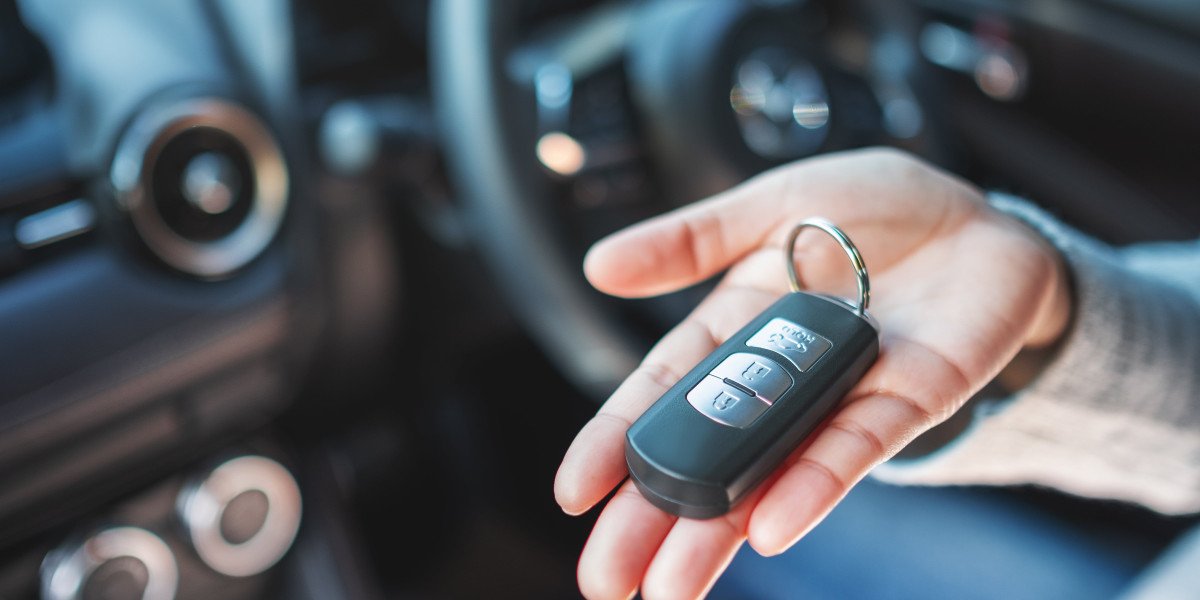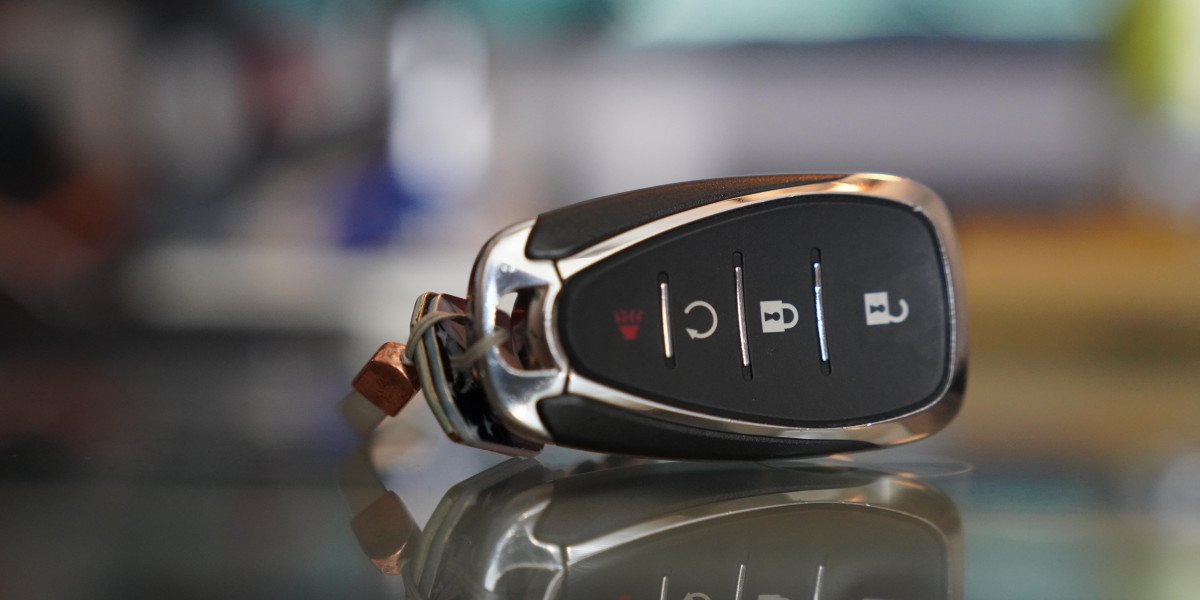Getting a Replacement Key for Your Car: A Comprehensive Guide
Losing or harming a car key can be an aggravating experience, but thankfully, obtaining a replacement key does not need to be extremely made complex. In this informative guide, we will detail the numerous steps, alternatives, and considerations involved in getting a replacement key for your car.
Comprehending Car Keys
Before diving into the replacement key car process, it is crucial to understand the different types of car keys readily available. Here's a short overview:
| Type of Car Key | Description |
|---|---|
| Standard Key | A basic metal key that mechanically unlocks and starts the vehicle. |
| Transponder Key | A key with a chip that communicates with the car's ignition system for included security. |
| Key Fob | A remote device that permits keyless entry and might include functions to begin the vehicle from a range. |
| Smart Key | A proximity key that makes it possible for the chauffeur to unlock and begin the car without physically utilizing the key. |
| Valet Key | A limited key that enables limited access to the vehicle, mainly for valet services. |
Comprehending the kind of key you have is crucial in determining the procedure of obtaining a replacement.

Steps to Get a Replacement Car Key
If you find yourself in requirement of a replacement car key, follow these steps to browse the procedure efficiently:
1. Recognize the Type of Key
- Identify whether you have a conventional key, transponder key, key fob, or smart key. This details will affect the replacement procedure.
2. Inspect Your Insurance Policy
- Review your auto insurance plan to see if it covers key replacement. Some policies provide this advantage, which might conserve you money and time.
3. Contact Your Car Dealership
- Connect to your car's car key replacement dealership, especially for newer vehicles that make use of sophisticated key technology.
- Be prepared to offer your vehicle recognition number (VIN), proof of ownership, and possibly your vehicle registration.
4. Visit a Locksmith
- Consider checking out an expert locksmith who has experience with automotive keys.
- Lots of locksmith professionals can create and set transponder keys and key fobs at a lower expense than dealerships.
5. Utilize Online Services
- Some services specialize in automotive key replacement and might provide online support.
- Beware and make sure that you select a trusted provider.
6. Cost Considerations
- Understand the potential costs associated with getting a replacement key. Below is a basic expense estimate based on key type:
| Key Type | Estimated Cost Range |
|---|---|
| Standard Key | ₤ 2 - ₤ 5 |
| Transponder Key | ₤ 50 - ₤ 200 |
| Key Fob | ₤ 100 - ₤ 600 |
| Smart Key | ₤ 200 - ₤ 500 |
Frequently Asked Questions (FAQs)
1. For how long does it require to get a replacement key?
- The time to get a replacement key varies depending upon the service provider. Dealers might take a few days, while locksmiths can frequently provide a key the very same day.
2. Can I replace a key myself?
- While it is possible to purchase a blank key online and cut it yourself, configuring electronic keys normally needs specialized equipment.
3. What should I do if my key is lost or taken?
- If your key is lost key replacement or taken, it is smart to reprogram your locks to avoid unauthorized access to your vehicle.
4. Are all car keys programmable?
- Not all mobile car key replacement keys can be configured. Conventional mechanical keys are cut but do not require programming, while transponder keys and wise keys do.
5. How can I avoid losing my car key fob replacement keys in the future?
- Consider purchasing a key tracker, designating a particular area for your keys, or using a keychain that makes your keys more noticeable.
Final Thoughts
When faced with the complicated job of changing a car key, it is vital to comprehend your choices and choose the most effective route customized to your needs. Whether you choose a dealership, a locksmith, or an online service, being well-informed will streamline the process and assistance ease a few of the stress connected with lost or damaged keys. Remember to keep any new type in a safe designated area to prevent comparable problems in the future.









